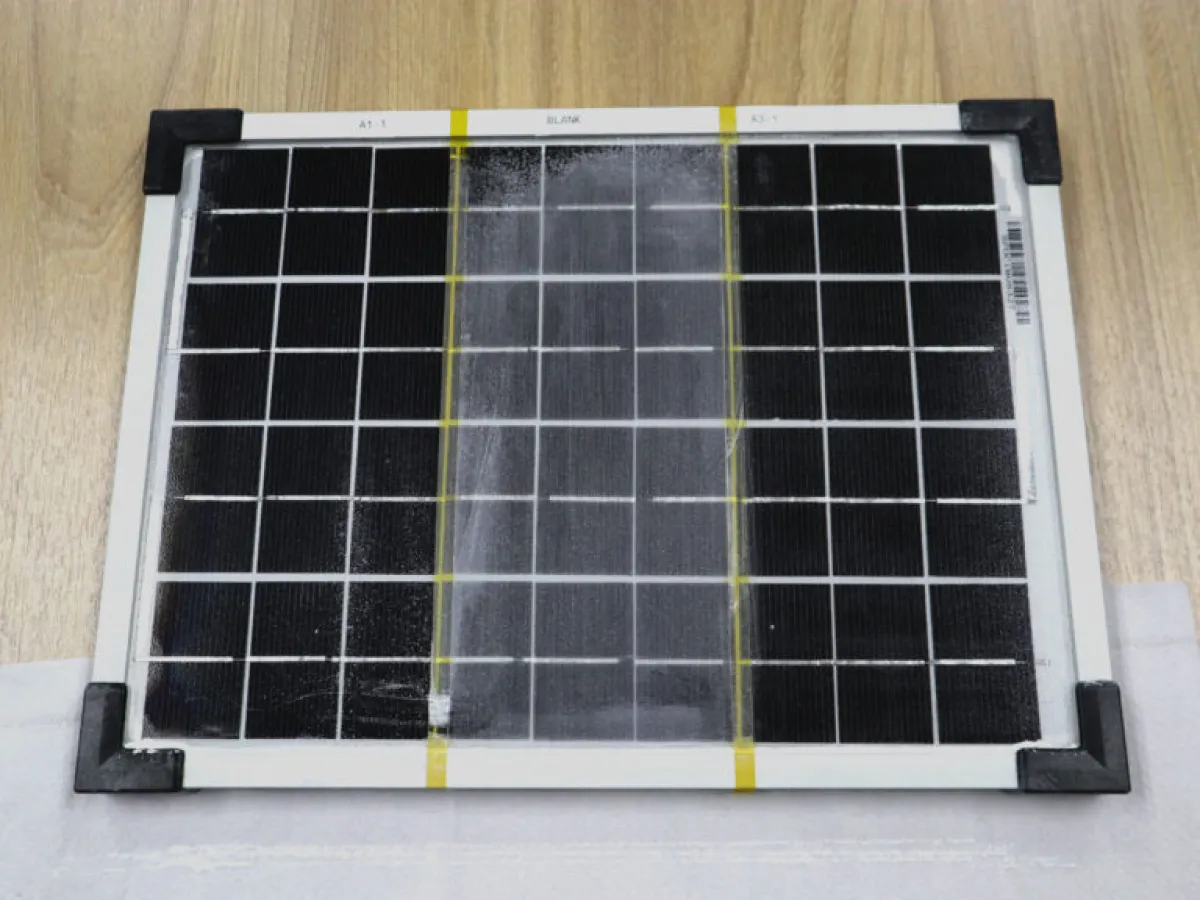
The National Nanotechnology Center (NANOTEC) and the National Science and Technology Development Agency (NSTDA) have researched and developed a ‘Surface Coating for Solar Cells to Minimize Water and Dust Adhesion’. Solar cells can perform optimally when their glass surfaces are clean and receive maximum sunlight. However, during the dry season, when sunlight is abundant for electricity generation, users often face the issue of ‘dust’. Massive amounts of dust can reduce the efficiency of electricity generation by up to 10%. The research team, utilizing their expertise in 'nano-coating production,' developed an innovative special formula nano-coating for solar cell panels to reduce dust adhesion, minimize maintenance effort, and enhance electricity generation efficiency.
The ‘Solar Cell Surface Coating Solution’ is a coating product designed to adjust the water contact angle on materials, improving their anti-dust properties. It enables water, oil, or any liquid that contacts the surface to form droplets that easily roll off, reducing adhesion and cleaning dust and other dirt without leaving water streaks. This ensures that the panels produce an average of more than 5% additional electricity during the dry season.
The research team has designed and developed this coating formula to be user-friendly and not impact the surface conditions of the materials. The coating can naturally wear off within 1-2 years, without affecting the panel warranty. Moreover, the product has been tested and proven to be safe for user health and environmentally friendly.
Solar cells are the energy choice of the future, promoted by many countries worldwide. In Thailand, it is forecasted that the use of solar cells for clean energy production will increase from the current 6,000-7,000 megawatts to 12,725 megawatts by 2037. This increase will result in a growing demand for innovative products to improve electricity generation efficiency and extend the lifespan of solar panels.
Data updated on February 2, 2023
Source: National Science and Technology Development Agency (NSTDA)
Tel. +66 2564 8000